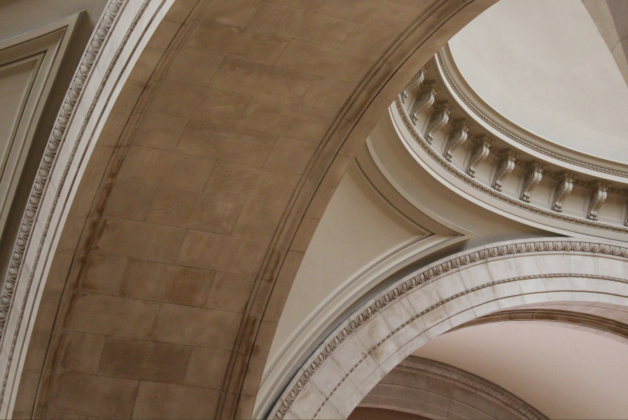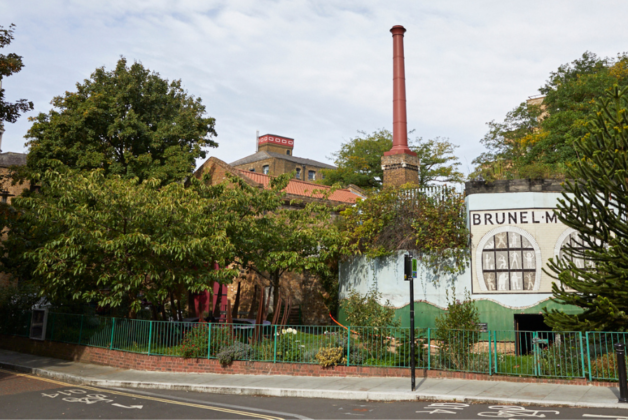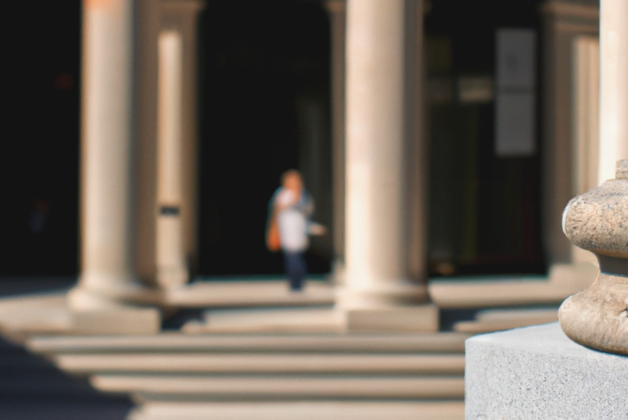By Adrian Murphy
Museum and heritage sector needs to tell European counterparts that the UK is still a place for partnership and collaboration despite the electorate voting by 52 per cent to leave the European Union
Museums professionals said ‘political leaders need to be clear what the next steps are’
The mood at the second day of the Association of Independent Museums Conference at the Surgeons’ Hall in Edinburgh was muted as sector professionals tried to come to terms with the result of yesterday’s landmark EU Referendum. Delegates talked of Brexit as a step backwards and were worried about what kind of message it sent out to the rest of the world. The words ‘gutted’ devastated’ and ‘shocked’ were on the tips of museum directors’ and museum professionals’ tongues.
Many sector leaders were reluctant to talk on record as their organisations were backed by charities and said that it was quite likely that some of their employees would have voted to leave the EU. But the majority, if not all, said they felt that in an age of cuts and competition for funds, working together and forging partnerships was the best way forward and in stark contrast to what leaving the European Union represented.
“I have been in touch with my international colleagues this morning from the maritime community, as I felt I had to,” said Matthew Tanner chief executive of ssGreat Britain and outgoing chair of AIM. “Now museums really need to tell their European and International colleagues that a Brexit does not mean that they will stop working with them but on the contrary, we will continue to seek partnerships and collaborate.”
Biggest challenges
Tony Butler, who was curating a breakout session entitled ‘Turn and face the strange, changes: change in a changing world’ encouraged delegates to talk about Brexit as it would now be one of the biggest challenges they would face.
Closing the conference, new AIM chairman Richard Evans said: “We are used to adversity and we have flexed and moved and I’m sure we will be able to do it again.”
Away from the conference the feelings in the sector were equally sombre with Bernard Donoghue, CEO of the Association of Leading Visitor Attractions and chair of the Tourism Alliance, telling Advisor that the result had ‘negative consequences’.
“I’m very disappointed in the result as I think it has negative consequences for the way that the UK is viewed in the world; for the importance of EU workers who sustain our tourism and hospitality industries; and for the inevitable halting of EU funds, on which our cultural organisations depend,” he said. “We also know that every time the UK has required visas to visit from countries which previously didn’t require them, visitor numbers go down. We need our political leaders to be clear as to what their next steps are; to reassure overseas workers here as to their importance; reassure the financial markets for our economic stability and to tell the world we are welcoming, not isolationist and invite them to visit.”
Instability
This concern about the instability that Brexit had created was echoed by Stephen Deuchar, director of Art Fund, who said the national fundraising charity for art was deeply concerned at the impact leaving the EU would have on culture in the UK, and particularly on its museums and galleries.
“At one level there is obviously now great financial uncertainty – the effect on European funding streams for the arts, for example – but quite as important is the potential effect on the spirit that drives a myriad of international partnerships in the arts. These are driven at heart by the principle of Britain as a collaborative component of, and participant in, a vibrant European culture. We must work hard to keep this spirit alive, regardless of politics.”
EU funding for the arts runs into millions of pounds a year, and has contributed to many important projects said solicitor Becky Shaw of the law firm Boodle Hatfield, which specialises in art law: “While the UK government will continue to support the arts, it is not unreasonable to expect a complete reassessment of how the arts in the UK are to be funded in the longer term.”
The mood at the second day of the Association of Independent Museums Conference at the Surgeons’ Hall in Edinburgh was muted as sector professionals tried to come to terms with the result of yesterday’s landmark EU Referendum. Delegates talked of Brexit as a step backwards and were worried about what kind of message it sent out to the rest of the world. The words ‘gutted’ devastated’ and ‘shocked’ were on the tips of museum directors’ and museum professionals’ tongues.
Many sector leaders were reluctant to talk on record as their organisations were backed by charities and said that it was quite likely that some of their employees would have voted to leave the EU. But the majority, if not all, said they felt that in an age of cuts and competition for funds, working together and forging partnerships was the best way forward and in stark contrast to what leaving the European Union represented.
“I have been in touch with my international colleagues this morning from the maritime community, as I felt I had to,” said Matthew Tanner chief executive of ssGreat Britain and outgoing chair of AIM. “Now museums really need to tell their European and International colleagues that a Brexit does not mean that they will stop working with them but on the contrary, we will continue to seek partnerships and collaborate.”
Tony Butler, who was curating a breakout session entitled ‘Turn and face the strange, changes: change in a changing world’ encouraged delegates to talk about Brexit as it would now be one of the biggest challenges they would face.
Closing the conference new AIM chairman Richard Evans said: “We are used to adversity and we have flexed and moved and I’m sure we will be able to do it again.”
Away from the conference the feelings in the sector were equally sombre with Bernard Donoghue, CEO of the Association of Leading Visitor Attractions and chair of the Tourism Alliance, telling Advisor that the result had ‘negative consequences’.
“I’m very disappointed in the result as I think it has negative consequences for the way that the UK is viewed in the world; for the importance of EU workers who sustain our tourism and hospitality industries; and for the inevitable halting of EU funds, on which our cultural organisations depend,” he said. “We also know that every time the UK has required visas to visit from countries which previously didn’t require them, visitor numbers go down. We need our political leaders to be clear as to what their next steps are; to reassure overseas workers here as to their importance; reassure the financial markets for our economic stability and to tell the world we are welcoming, not isolationist and invite them to visit.”
This concern about the instability that Brexit had created was echoed by Stephen Deuchar, director of Art Fund, who said the national fundraising charity for art was deeply concerned at the impact leaving the EU would have on culture in the UK, and particularly on its museums and galleries.
“At one level there is obviously now great financial uncertainty – the effect on European funding streams for the arts, for example – but quite as important is the potential effect on the spirit that drives a myriad of international partnerships in the arts. These are driven at heart by the principle of Britain as a collaborative component of, and participant in, a vibrant European culture. We must work hard to keep this spirit alive, regardless of politics.”
EU funding for the arts runs into millions of pounds a year, and has contributed to many important projects said solicitor Becky Shaw of the law firm Boodle Hatfield, which specialises in art law: “While the UK government will continue to support the arts, it is not unreasonable to expect a complete reassessment of how the arts in the UK are to be funded in the longer term.”




